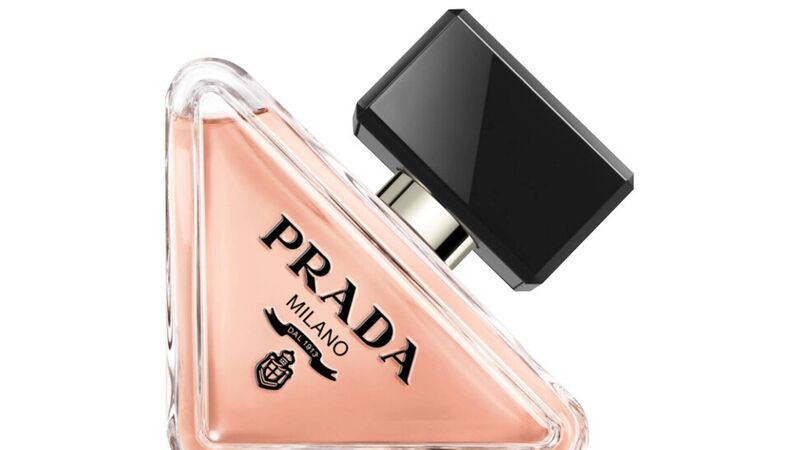Italy's luxury groups look to bolster made-at-home image

Luxury fashion brand Prada has acquired a minority stake in a family-owned knitwear firm in Monza, north of Milan.
Italy's luxury fashion groups, which for decades jealously guarded their independence, have started teaming up to protect their supply chains and the Italian roots of smaller companies, showing a new spirit of collaboration.
Control of the supply chain has become increasingly important for luxury brands, ensuring products get to shops on time and avoiding reputational risks linked to sourcing of raw materials or labour conditions.












